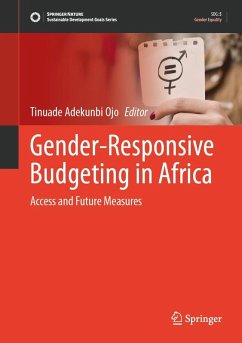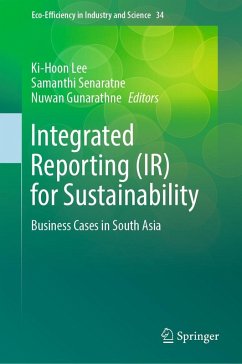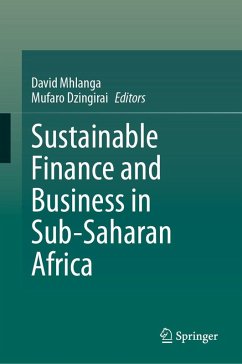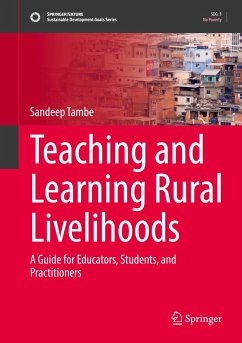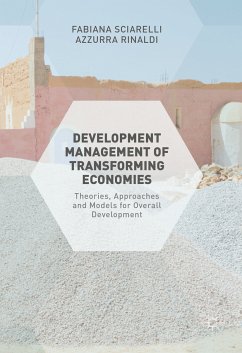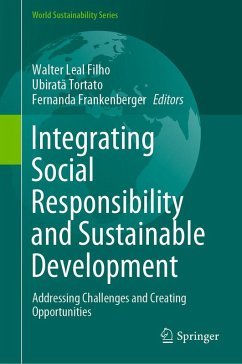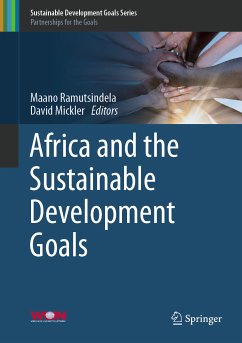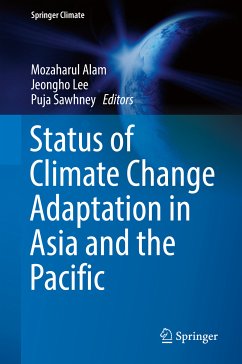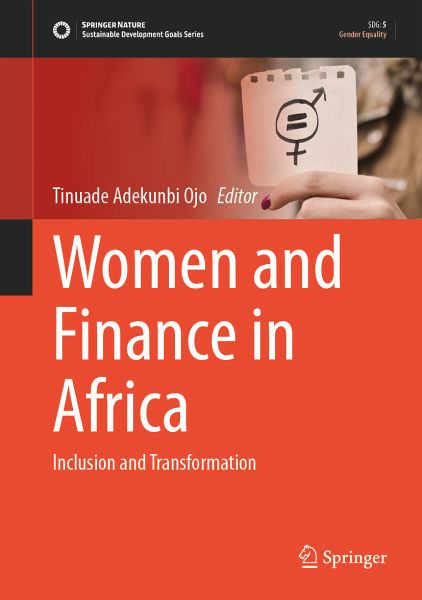
Women and Finance in Africa (eBook, PDF)
Inclusion and Transformation
Redaktion: Ojo, Tinuade Adekunbi
Versandkostenfrei!
Sofort per Download lieferbar
112,95 €
inkl. MwSt.
Weitere Ausgaben:

PAYBACK Punkte
56 °P sammeln!
This volume presents a collection of cases that examine the status of financial inclusion for women across a variety of states in the African continent. The book uses a qualitative research method and presents both primary to secondary data to narrate the impact of gender-responsive budgeting on women's empowerment and gender equality in these communities. The chapters present the analysis of the effectiveness of African state' approaches and share lessons that different African economies, whether currently booming or struggling, can enhance or implement toward the financial inclusion and gend...
This volume presents a collection of cases that examine the status of financial inclusion for women across a variety of states in the African continent. The book uses a qualitative research method and presents both primary to secondary data to narrate the impact of gender-responsive budgeting on women's empowerment and gender equality in these communities. The chapters present the analysis of the effectiveness of African state' approaches and share lessons that different African economies, whether currently booming or struggling, can enhance or implement toward the financial inclusion and gender budgeting response at all structural levels. The main objectives of this volume are to understand different processes for financial inclusion to gender issues at a national level and to help encourage reflection on what lessons could be learned between states and what factors cause divergence in multilateral settings so that they can be understood and addressed.
Dieser Download kann aus rechtlichen Gründen nur mit Rechnungsadresse in A, B, BG, CY, CZ, D, DK, EW, E, FIN, F, GR, HR, H, IRL, I, LT, L, LR, M, NL, PL, P, R, S, SLO, SK ausgeliefert werden.



